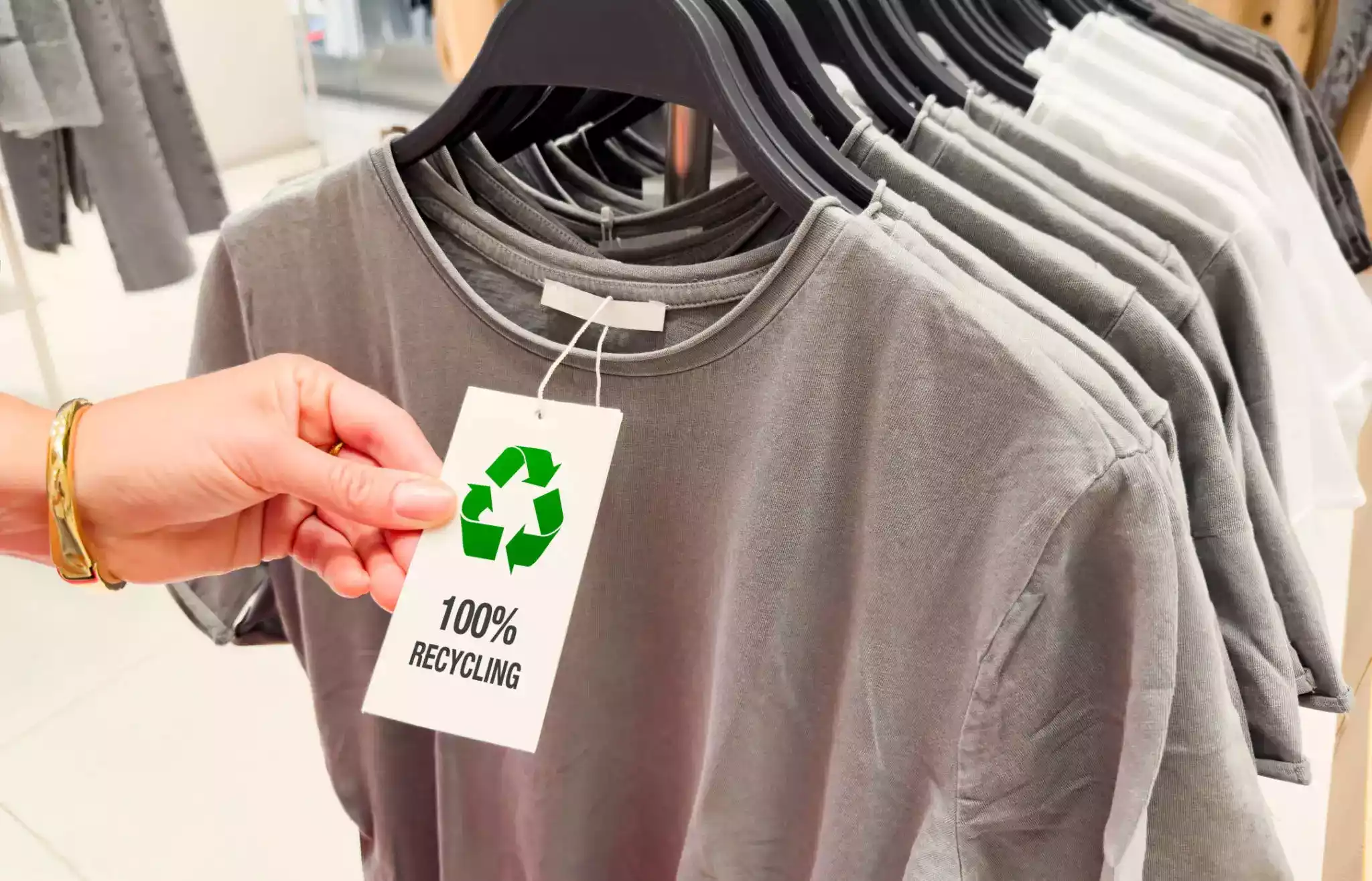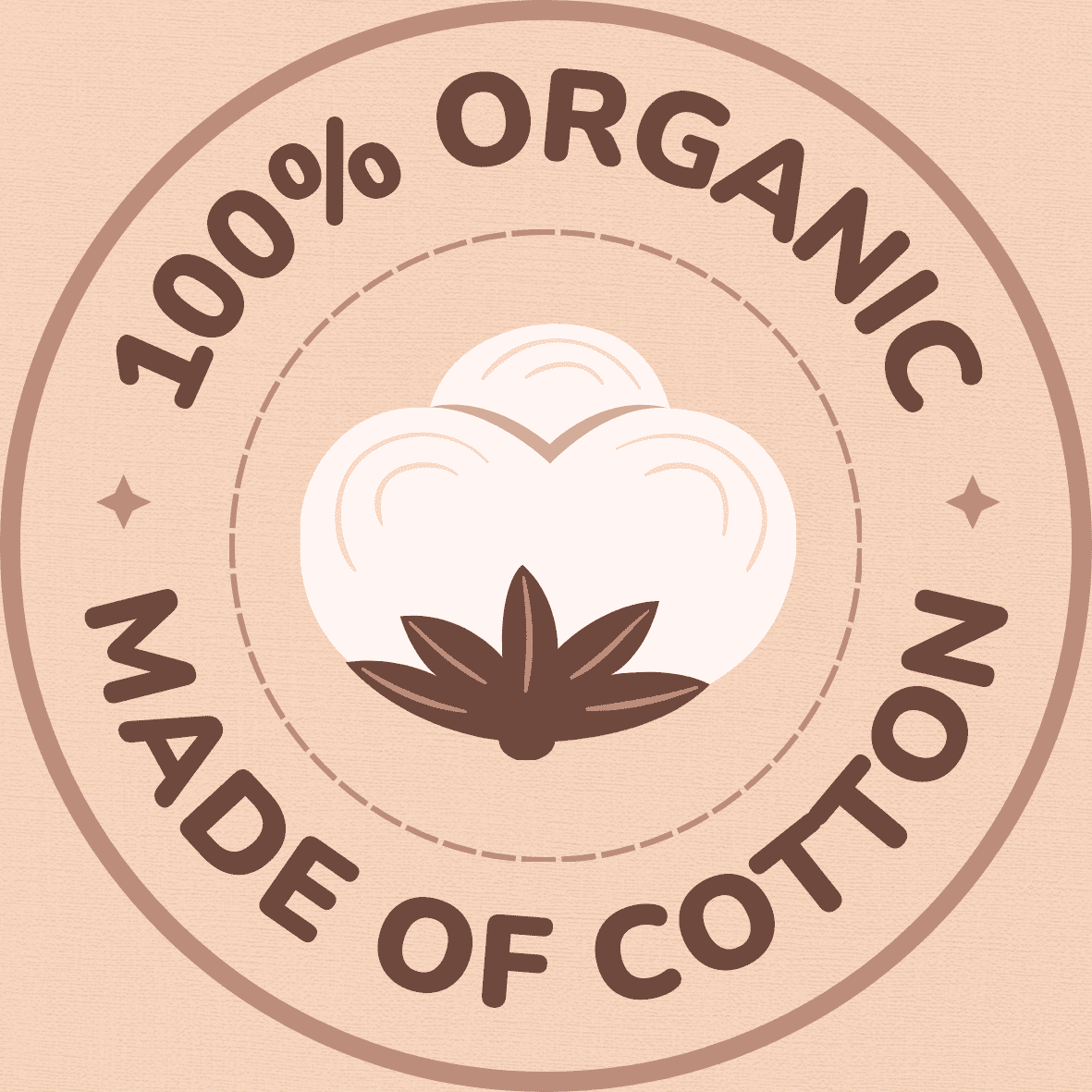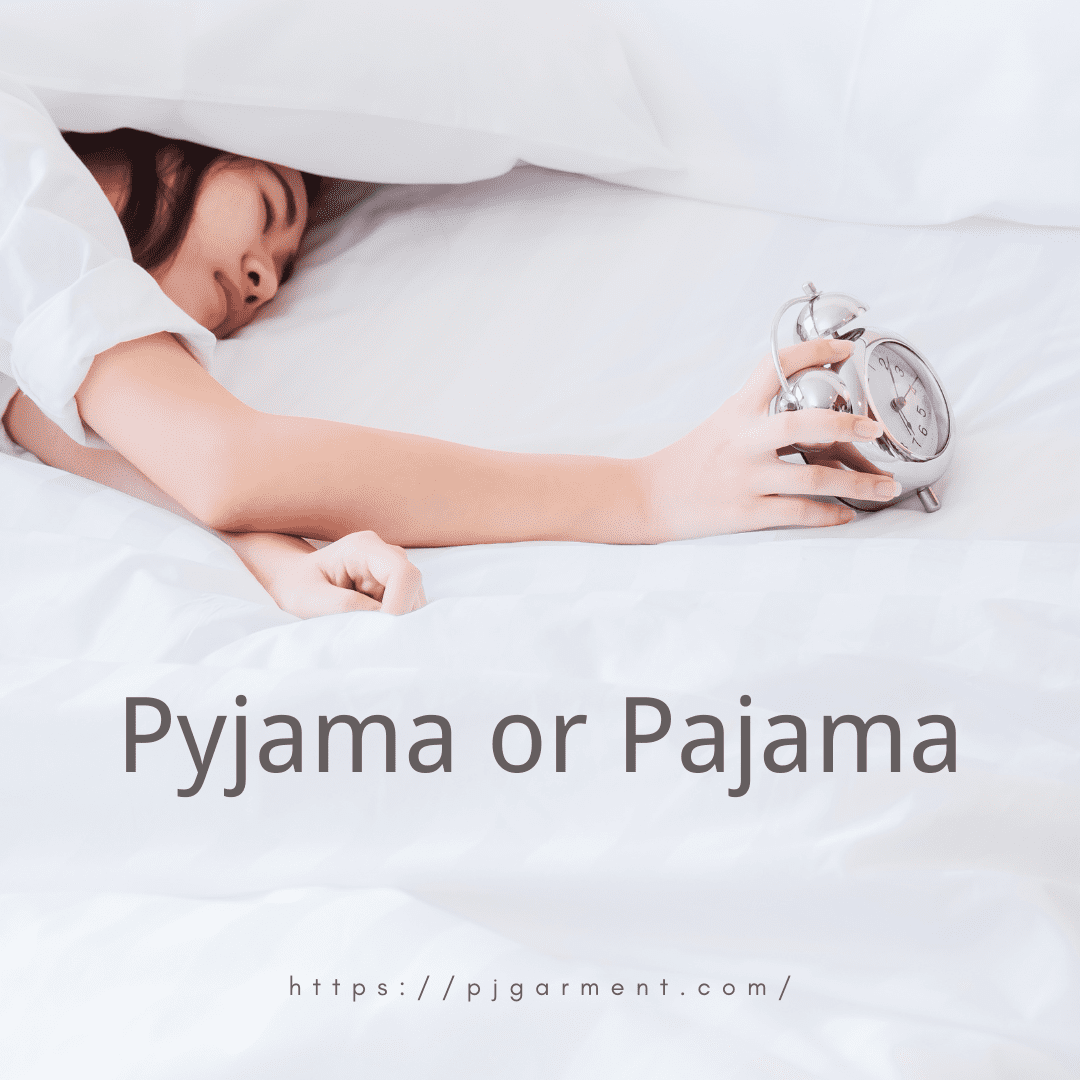Private label apparel manufacturers help you build your brand identity. Create exclusive clothing lines that reflect your unique vision and captivate customers.
The Rise of Private Label Apparel
Private label apparel has experienced a significant rise in popularity in recent years. Many fashion brands are turning to private label manufacturing as a strategic way to differentiate themselves in the market. By partnering with private label apparel manufacturers, brands can create exclusive, customized products that reflect their unique style and image.
In particular, private label intimate apparel manufacturers in the USA have seen a surge in demand. These manufacturers specialize in producing intimate apparel, such as lingerie and underwear, which requires attention to detail and a deep understanding of the market. Working with private label intimate apparel manufacturers can help brands offer a wide range of high-quality, stylish products that cater to diverse customer preferences. This trend highlights the increasing importance of crafted exclusivity in the fashion industry, where consumers are seeking unique and personalized products that align with their individual tastes.
Understanding the Concept of Exclusivity in Fashion
Exclusivity in the fashion industry has always been a coveted concept, representing luxury, uniqueness, and prestige. In recent years, private label apparel has gained significant attention in understanding and embodying this concept. Private label apparel manufacturers in countries like Italy and the USA have played a crucial role in redefining exclusivity in fashion. These manufacturers work closely with brands and designers to create customized and distinctive clothing lines that are exclusive to their clients.
One of the key aspects that contribute to the exclusivity of private label apparel is the control over the entire manufacturing process. By collaborating with a dedicated clothing manufacturer for private label, brands have the flexibility to choose every detail, from fabric selection to design elements. This level of control allows brands to create collections that align perfectly with their vision and cater to their target audience’s unique preferences. Additionally, private label clothing manufacturers in the USA and Italy often specialize in certain techniques or materials, further adding to the exclusive nature of the products they create.
The Benefits of Private Label Manufacturing in the Fashion Industry
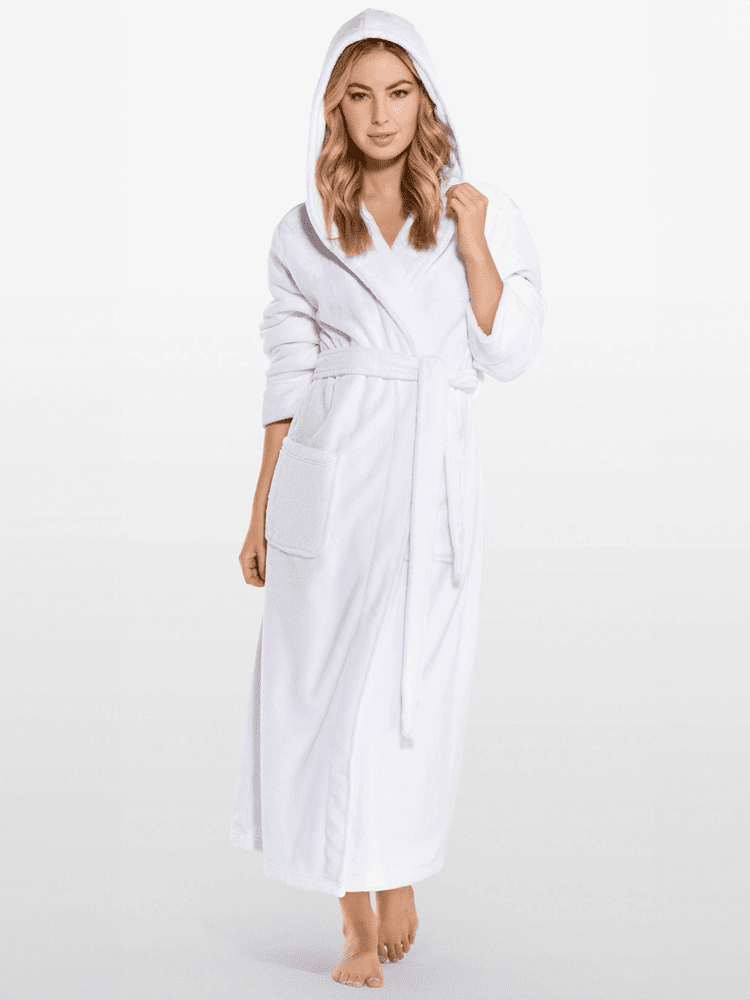
Private label manufacturing has gained significant momentum in the fashion industry, providing numerous benefits for brands and retailers. One key advantage is the ability to offer unique and exclusive products to customers. Wholesale private label clothing allows brands to create a distinct identity and differentiate themselves from competitors. By partnering with private label clothing manufacturers in Los Angeles or other fashion hubs around the world, brands can develop their own signature style and cater to specific customer preferences. This exclusivity not only helps in attracting loyal customers but also allows brands to establish themselves as leaders in the industry.
Another notable benefit of private label manufacturing is the potential for increased profit margins. By cutting out the middleman and directly partnering with manufacturers, brands have better control over the production process and costs. This enables them to offer competitive pricing while still maintaining a higher profit margin. Additionally, brands can leverage the trust and recognition they have built with customers to launch their own private label clothing brand. This opens up new revenue streams and opportunities for growth in the fiercely competitive fashion industry.
Factors to Consider When Selecting a Private Label Apparel Manufacturer
When it comes to selecting a private label apparel manufacturer, there are several key factors that fashion brands need to take into consideration. One of the most important considerations is finding the best private label clothing manufacturers that align with the brand’s vision and values. A reputable manufacturer will have a proven track record of producing high-quality garments and will understand the brand’s target market and aesthetic. It is essential to research and evaluate different manufacturers, reading reviews and testimonials, and even seeking recommendations from other brands in the industry.
Another crucial factor to consider is the range of services offered by the manufacturer. Some private label clothing brands examples might require specialized expertise, such as eco-friendly manufacturing processes or custom clothing manufacturing. It is important to find a manufacturer that can meet these specific requirements and has the necessary capabilities and experience. Additionally, brands should consider factors such as production capacity, turnaround time, and the flexibility of the manufacturer to accommodate the brand’s needs. By carefully evaluating these factors, fashion brands can find a private label apparel manufacturer that meets their unique needs and contributes to their overall success in the industry.
• Finding a manufacturer that aligns with the brand’s vision and values
• Researching and evaluating different manufacturers, reading reviews and testimonials
• Seeking recommendations from other brands in the industry
• Considering the range of services offered by the manufacturer
• Specialized expertise such as eco-friendly manufacturing processes or custom clothing manufacturing
• Ensuring the manufacturer has necessary capabilities and experience
• Evaluating factors such as production capacity, turnaround time, and flexibility
The Process of Designing and Developing Private Label Apparel
Designing and developing private label apparel involves a meticulous process that ensures every aspect of the garment reflects the brand’s identity and meets customer expectations. Initially, companies need to identify reliable private label clothing manufacturers, such as private label clothing dropshippers or private label clothing manufacturers in China, who can produce high-quality garments. Once the manufacturer is on board, the brand can collaborate with their team to create unique designs and select fabrics that align with their vision. Attention to detail is crucial in this stage, as every element, from the stitching to the buttons, contributes to the overall quality and appeal of the finished product.
After the design phase, the development process commences, where prototypes are created for testing and refining. This involves extensive communication between the brand and the manufacturer to address any issues or modifications required. Once the prototypes meet the brand’s specifications, they are sent for production, where the private label manufacturer follows strict quality control procedures to ensure excellence in every garment produced. This meticulous process guarantees that private label dresses or any other apparel items meet the brand’s standards, allowing them to offer their customers high-quality, exclusive products that reflect their unique style and brand identity.
Quality Control: Ensuring Excellence in Private Label Manufacturing
In the highly competitive fashion industry, maintaining quality control is crucial for private label manufacturers to ensure excellence in their products. Companies like Pjgarment.com, one of the leading wholesale custom clothing manufacturers, understand the significance of producing garments that meet the highest standards. By implementing stringent quality control measures throughout the manufacturing process, they are able to deliver superior products that exceed customer expectations.
There are several factors that contribute to effective quality control in private label manufacturing. First and foremost, collaborating with reliable and experienced small order clothing manufacturers is essential. These manufacturers have the expertise and knowledge to produce garments with precision and attention to detail. Additionally, conducting thorough inspections at various stages of production helps identify any potential issues early on, allowing for prompt corrective actions. By upholding strict quality control standards, private label manufacturers can build a reputation for delivering exceptional products, which in turn, enhances customer trust and loyalty.
Maintaining Brand Identity through Private Label Apparel
Private label clothing has emerged as a powerful tool for brands to maintain their identity in the fashion industry. By definition, private label clothing refers to apparel that is produced by a manufacturer but marketed under a brand’s own label. This allows brands to have full control over the design, production, and distribution of their products, resulting in a seamless reflection of their brand identity.
In the United Kingdom, private label clothing has gained significant popularity, as it enables brands to differentiate themselves in a highly competitive market. With private label clothing, brands can create unique pieces that align with their brand aesthetic and cater to their target audience’s preferences. By offering exclusive designs and high-quality garments, brands can solidify their brand identity in the minds of consumers and establish a sense of trust and loyalty.
For Original Equipment Manufacturers (OEMs), private label clothing holds a different meaning. It refers to manufacturing clothing for other brands without any branding of their own. These manufacturers play a crucial role in maintaining brand identity through private label apparel by adhering to the brand’s guidelines and specifications. By consistently delivering top-notch products that reflect the brand’s values and style, OEMs contribute to the brand’s reputation and ensure that their identity remains intact in the market.
Marketing and Selling Private Label Apparel: Strategies for Success
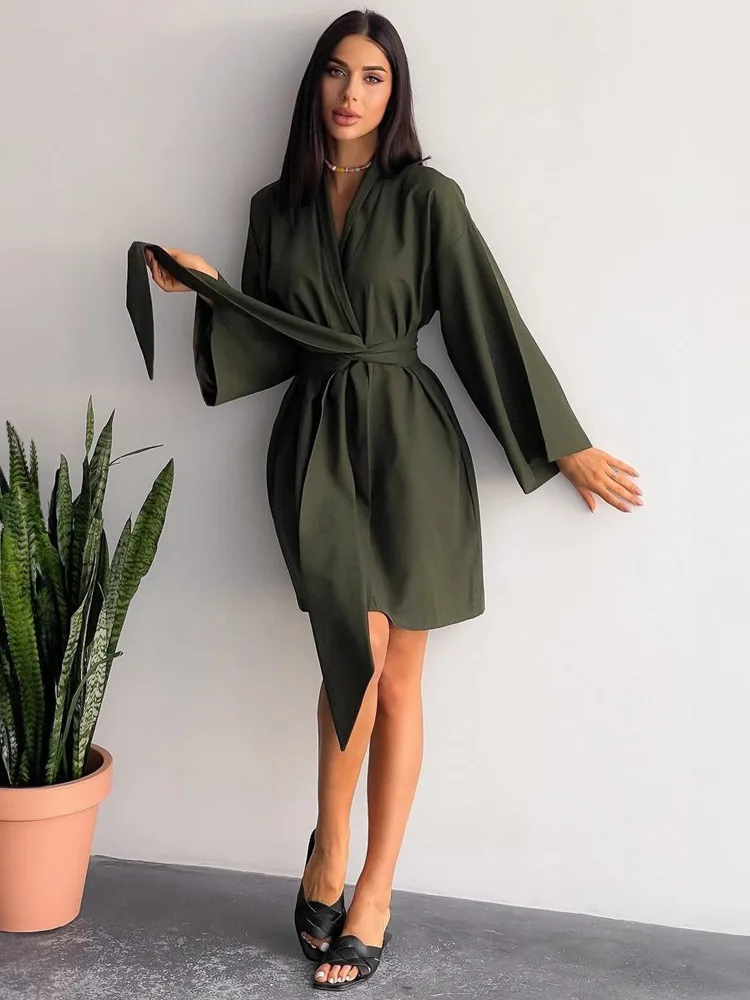
In order for private label apparel to succeed in the market, effective marketing and selling strategies must be implemented. Collaborating with reputable OEM clothing manufacturers in the UK can provide brands with a competitive advantage. These manufacturers have experience in producing quality garments and can offer personalized services that meet the unique demands of each brand. By partnering with a reliable OEM clothing manufacturer, brands can ensure that their private label apparel meets the highest standards in design and production, appealing to consumers looking for exclusivity and quality.
When marketing and selling private label apparel, targeting the right audience is crucial. Understanding the preferences and needs of the target market can help brands tailor their marketing campaigns and attract the attention of potential customers. Collaborating with a women’s custom clothing manufacturer can be particularly beneficial for brands focusing on the female demographic. By offering bespoke clothing options, brands can tap into the growing trend of personalized fashion and create a sense of uniqueness and exclusivity for their customers. Implementing targeted marketing strategies and emphasizing the customized nature of the products can increase the appeal and desirability of private label apparel in the competitive fashion industry.
Collaboration and Innovation: Working with Private Label Manufacturers
Collaboration is a key aspect of working with private label manufacturers in the fashion industry. By partnering with these manufacturers, brands can leverage their expertise and resources to create high-quality and unique products. One of the main benefits of collaboration is the opportunity for innovation. Private label manufacturers often have their finger on the pulse of emerging trends and consumer preferences. Through collaboration, brands can tap into this knowledge and explore new and exciting design concepts that are aligned with the current market demands.
Furthermore, working with private label manufacturers allows brands to access a wide range of resources and capabilities that they may not have in-house. From sourcing raw materials to production and distribution, private label manufacturers have established networks and infrastructure to streamline the entire process. This enables brands to focus on their core competencies while relying on the expertise of the manufacturer. Collaborating with a private label manufacturer also provides brands with a fresh perspective and new ideas, driving creativity and pushing boundaries in terms of design and functionality. By joining forces, brands and manufacturers can bring their collective strengths to the table, resulting in innovative and market-leading products.
The Future of Crafted Exclusivity: Trends and Opportunities in Private Label Apparel
With the ever-evolving fashion industry, the future of crafted exclusivity in private label apparel holds exciting trends and opportunities. One significant trend is the customization of products to cater to individual preferences. Consumers are increasingly seeking unique and personalized items, and private label manufacturers are capitalizing on this by offering customization options. By allowing customers to choose elements such as fabric, color, and detailing, private label apparel brands can create a sense of exclusivity and personal connection with their audience.
Another emerging trend in private label apparel is sustainability. As consumers become more conscious about the environmental impact of their consumption choices, brands are responding by offering eco-friendly and ethically sourced clothing options. Private label manufacturers have the flexibility to align with sustainable practices, such as using organic materials, reducing waste, and implementing fair labor practices. This commitment to sustainability not only appeals to environmentally conscious consumers but also positions the brand as a leader in the industry. By leveraging these trends and opportunities, private label apparel manufacturers can establish themselves as innovative and customer-centric brands in the future.
FAQs
What is private label apparel?
Private label apparel refers to clothing and fashion items that are created and produced exclusively for a specific retailer or brand. These products are not available from other retailers and are typically sold under the retailer’s own brand name.
What is the benefit of private label manufacturing in the fashion industry?
Private label manufacturing allows fashion retailers to have exclusive control over their product offerings, design, and brand identity. It provides an opportunity to differentiate themselves from competitors and create a unique selling proposition for their customers.
How do I select a private label apparel manufacturer?
When selecting a private label apparel manufacturer, it is important to consider factors such as their experience, capabilities, production capacity, quality control processes, and ability to meet your specific requirements. Conduct thorough research, request samples, and communicate your expectations clearly to ensure a successful partnership.
What is the process of designing and developing private label apparel?
The process of designing and developing private label apparel involves collaborating with the manufacturer to create custom designs, selecting fabrics and materials, creating prototypes and samples, and refining the design until it meets the desired specifications. This process requires effective communication and close collaboration between the retailer and manufacturer.
How can I maintain brand identity through private label apparel?
To maintain brand identity through private label apparel, it is important to ensure that the designs, quality, and overall aesthetic align with your brand’s values and image. Consistency in branding elements such as logos, labels, and packaging also contributes to maintaining brand identity.
What are some strategies for marketing and selling private label apparel successfully?
Some strategies for marketing and selling private label apparel successfully include creating compelling product descriptions and imagery, leveraging social media and online platforms, offering exclusive promotions or discounts, collaborating with influencers or brand ambassadors, and providing exceptional customer service.
How can collaboration and innovation be achieved when working with private label manufacturers?
Collaboration and innovation can be achieved when working with private label manufacturers by fostering open communication, sharing ideas and insights, and encouraging a partnership mentality. Regular meetings, design feedback sessions, and joint problem-solving can help drive collaboration and encourage innovative solutions.
What are some future trends and opportunities in private label apparel?
Some future trends and opportunities in private label apparel include sustainability and eco-friendly manufacturing practices, customization and personalization options for customers, the integration of technology such as augmented reality or virtual reality in the shopping experience, and the rise of niche or specialized private label brands catering to specific consumer segments.

